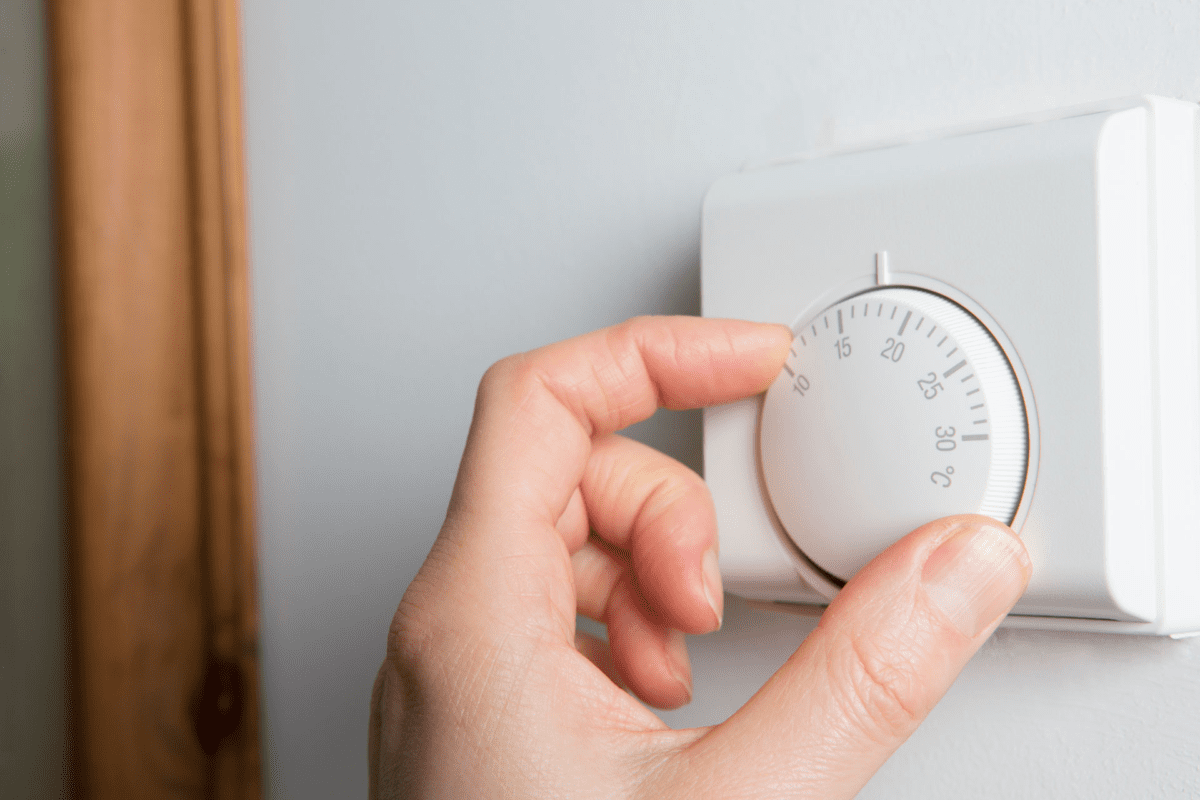Save Money And The Environment
Homeowners are increasingly looking for tips on how to save energy in the home, while also reducing their carbon footprint
This, in turn, helps to preserve the environment and ensure that future generations have access to the resources they need.
This article provides a comprehensive guide on how you could save energy at home, lower energy bills, and reduce your carbon footprint.
With increasing energy prices and greater environmental awareness, this article is probably not the first you have read on this subject.
So, consider something before you read on. Do you know about a great cost-free energy-saving idea that you haven’t implemented?
Please go and do it right now! There is no point reading on when you can already act!
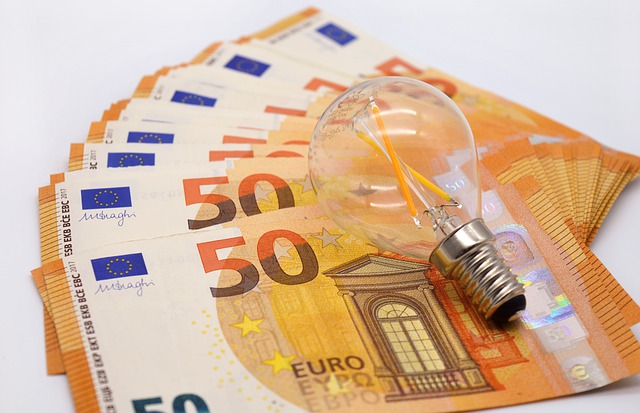
Next Steps
Now lets assume that you have implemented all that you know and you are looking for more ideas on how to could save on your electricity bill and heating bill.
We have split our energy saving tips into four categories.
-
Conserve energy by changing your behaviour, no expenditure needed!
-
Conserve energy with simple changes that need a little expenditure.
-
Conserve energy with changes that need moderate expenditure.
-
Conserve energy with substantial changes that need major expenditure.
Make behavioural changes first, and then the more expensive changes as and when you can afford them.
Use a smart meter to find out how much electricity and gas you use
Measuring your energy usage is a crucial step in managing your energy consumption.
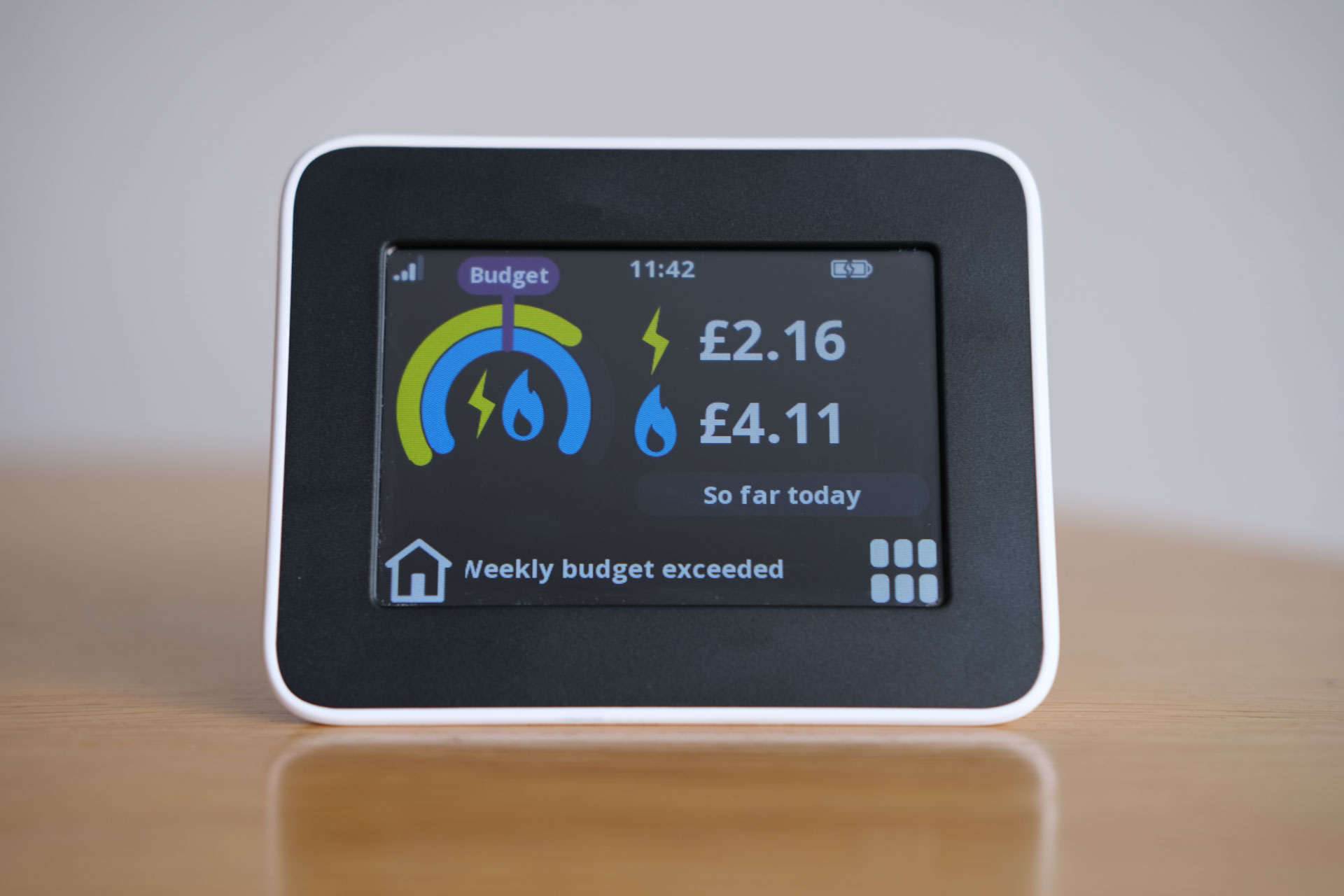
A smart meter will track how much energy you use and can provide you with an estimate of your energy bill. Understanding this will help you develop effective energy-saving practices. Smart Energy GB is a government campaign to promote smart meters in the UK. Their site highlights all the ways you can use your smart meter to use energy more efficiently.
Another way is to use a plug-in energy monitor, which you can attach to your appliances.
You can also use a traditional kWh meter, which measures the energy usage of your entire home or business.
Once you have measured your energy use, you can use the data to identify areas where you can reduce your consumption.
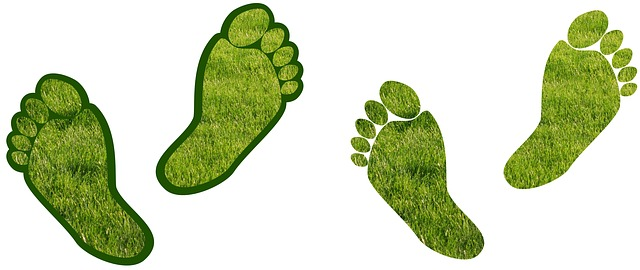
By using less energy, we reduce the amount of carbon emissions released into the environment, therefore combating climate change.
Conserve energy by changing your behaviour, no expenditure needed!
Changing habits can be difficult. You might have to remind yourself quite a bit in the early days. However, by making a few simple changes to your routine, and persevering you could save a significant amount of energy.
Installing smart thermostats and heating controls
Reduce heating bills with smart thermostats that switch central heating and air conditioning on and off more frequently than conventional thermostats.
Smart thermostats can determine when no one is at home, usually with the use of motion sensors, or by looking up the position of your phone (a process known as geo-fencing).
Energy Saving Mode
Your home’s thermostat will convert to an energy-saving mode when it detects that it is empty in order to save energy. The result is the same as manually setting your thermostat when you leave the house, but these smart thermostats do it for you automatically, saving you the trouble of remembering to do so.
The other way you could save energy is to create a smart thermostat heating and cooling plan. You can set the thermostat to turn down central heating when you are sleeping or when the house typically feels empty throughout the day, such as during school and work hours.
Reduce your thermostat settings
Your heating and air conditioning systems may be responsible for a significant portion of your energy costs. Adjusting your thermostat settings can make a significant energy saving. During the winter, lower the temperature by a few degrees and wear warmer clothes. In the summer, raise the temperature and use fans to cool your home instead of air conditioning.
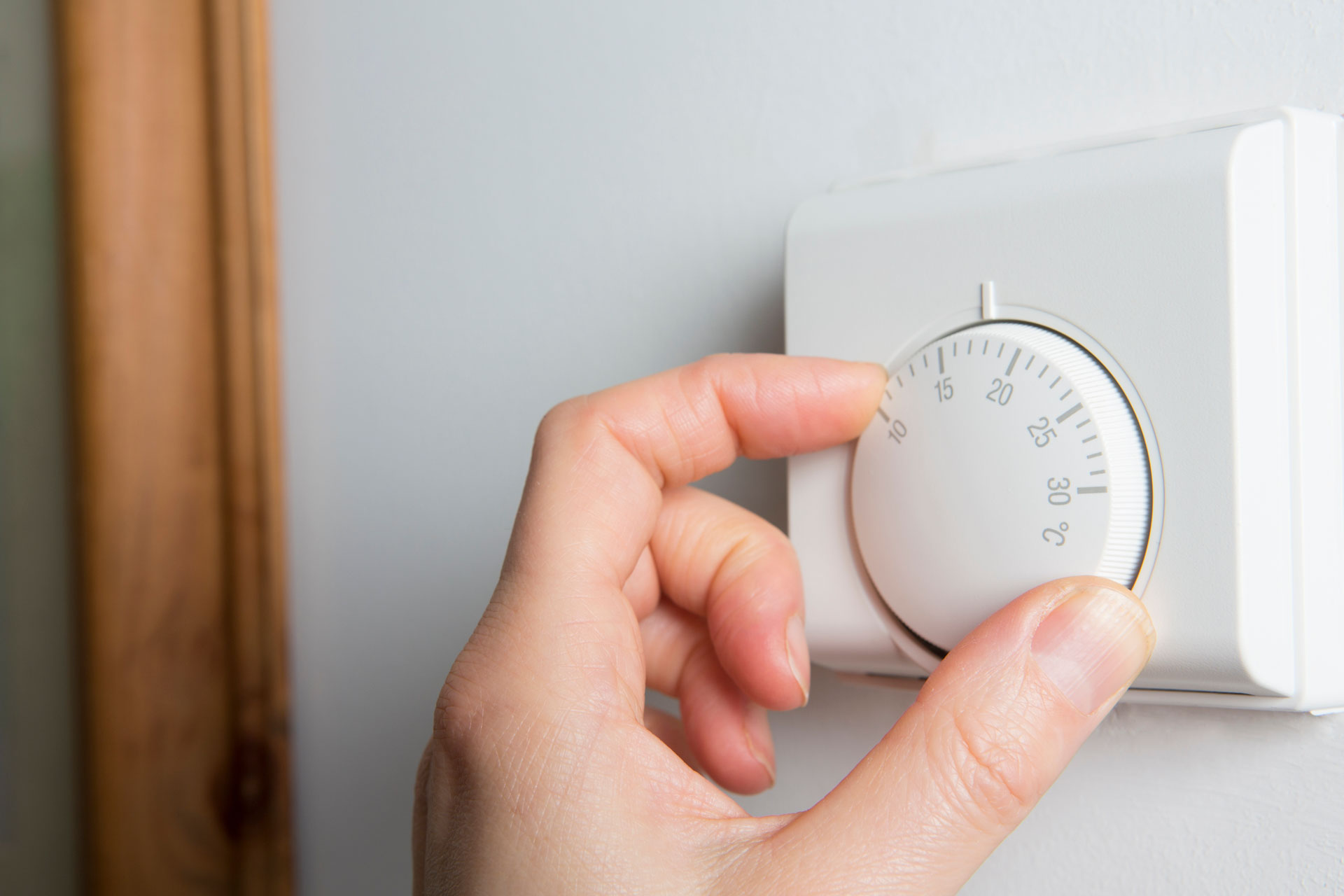
Did you know that for every degree you lower your thermostat in the winter, you can save up to 3% on your heating bill? By lowering your thermostat by just 2 degrees, you can save up to £150 per year. Additionally, by raising your thermostat by just 2 degrees in the summer, you can save up to £80 per year.
Another way to make an energy saving is by investing in a programmable thermostat. This will allow you to set your thermostat to automatically adjust to your desired temperature at different times of the day, saving you money and energy.
Central Heating Maintenance
Regular central heating maintenance makes sense because it keeps it operating effectively and efficiently. Besides, over the long term you could save on major replacement costs.
It is always worthwhile to use inexpensive, simple-to-install foam tubes to lag your central heating pipes. You’ll spend less money heating your home and your boiler won’t have to work as hard.
The effectiveness of radiators is decreased by trapped air; if your radiators have cold spots, they need to be bled to remove the air.
Empty Rooms
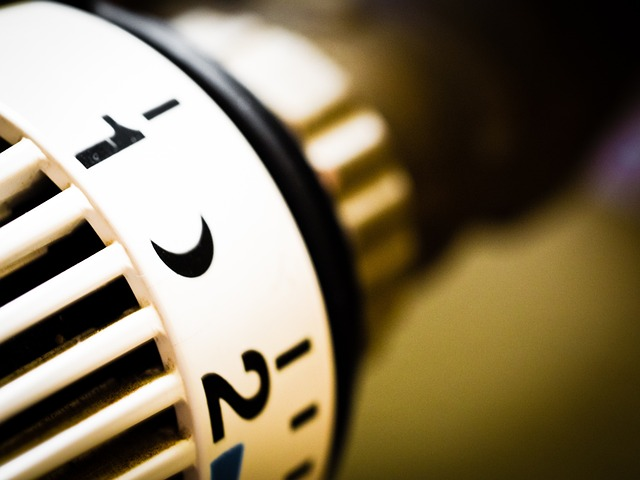
It makes sense to turn down the radiators and close the doors in any rooms in your home that you don’t frequently use. If you turn off the radiators you might face damp and frozen pipes.
Cooking
Cooking can consume a significant amount of energy. However, there are many ways to reduce energy usage while still enjoying delicious meals.
One of the best ways to save energy while cooking is to use appliances such as pressure cookers, slow cookers, and microwaves. These appliances use less energy than traditional stoves and ovens and can cook food more quickly, which also means less time spent in the kitchen.
There are other ways to save energy while cooking. For example, make sure that you only use the amount of water necessary when cooking. Using too much water can waste energy and increase cooking time.
Avoid leaving the oven door open for long periods of time, as this can cause heat to escape and increase cooking time.
Match the right electric hob to the right sized pan.
Washing dishes
Washing dishes is another task that can consume a significant amount of energy and water. However, there are many ways to reduce energy usage while still keeping your dishes clean.
One of the easiest ways to save energy while washing dishes is to avoid pre-rinsing before loading them into the dishwasher. Modern dishwashers are designed to handle dirty dishes without the need for pre-rinsing, so this step is unnecessary and wastes water and energy.
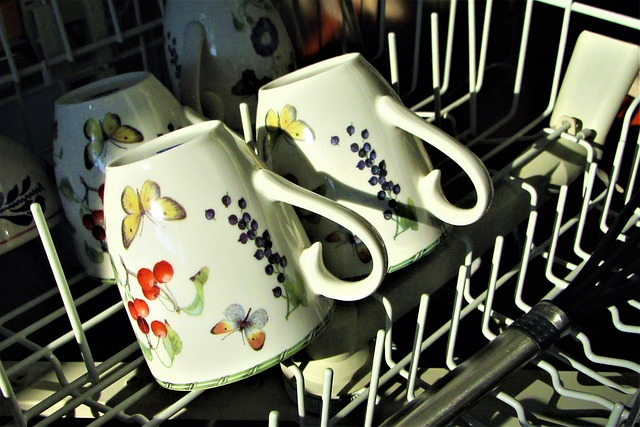
Another way to save energy while washing dishes is to only run your dishwasher with a full load. Running a half-empty dishwasher wastes water and energy.
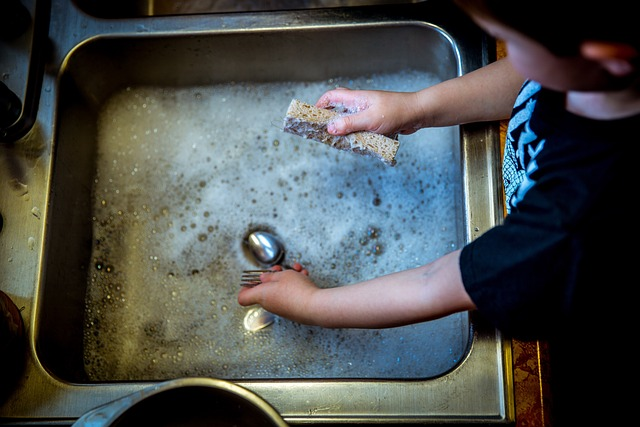
When washing dishes by hand, fill your sink with water instead of letting it run continuously. This will save water and energy, and it is also a more efficient way to wash dishes.
By following these energy-saving tips in the kitchen, you could save energy, and save money on your utility bills, and do your part to protect the environment. So why not give them a try and see how much you can save?
Fridge Freezer
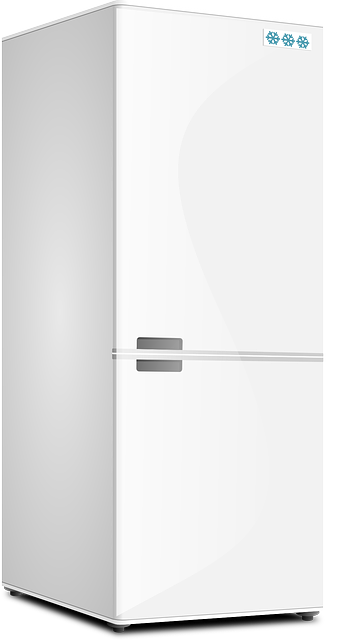
The amount of work your fridge freezer has to do can vary depending on where it is located. Make sure it is as far away from radiators and heat sources like ovens as you can. Try to avoid placing it in direct sunlight as well.
For ventilation, give your refrigerator at least 5 cm of clearance on both sides, the back, and the top. Your refrigerator can’t expel the heat from the compressor if there isn’t an air gap. This results in your fridge heating up and having to work harder and longer to keep your food at the right temperature.
Defrost your fridge freezer regularly to avoid wasting energy. Wash the area behind your freezer and refrigerator. Condensing coils that are covered in dust can trap air and produce heat, which is not what you want for your refrigerator. They will remain cold and consume less energy if you keep them clean.
Washing Clothes
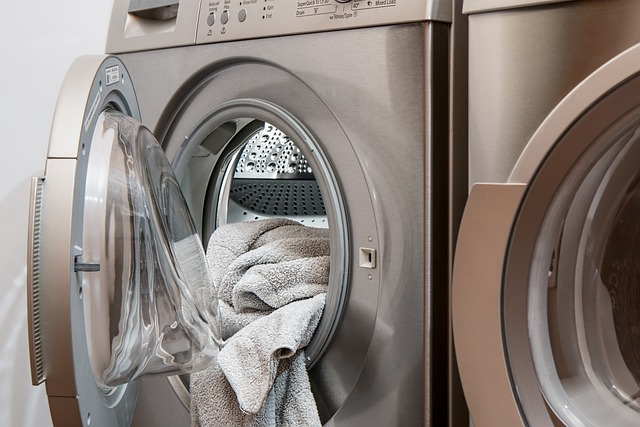
Did you know that washing clothes with hot water consumes significantly more energy than washing with cold water? By using cold water, you can reduce your energy use and prevent your clothes from shrinking or fading.
In fact, up to 90% of the energy used by a washing machine goes towards heating the water. By washing your clothes in cold water, you can save a significant amount of energy and money on your energy bills.
But what about stains and odours? Can cold water really get your clothes clean? The answer is yes! Most laundry detergents are formulated to work in cold water, and many washing machines have a “cold wash” setting that is specifically designed for this purpose.
So, the next time you do laundry, try washing your clothes in cold water and see the difference it makes.
Another tip for improving energy conservation when doing laundry is to only run your washing machine when it is full. This maximizes energy efficiency and reduces the number of loads you need to do overall.
Tumble Dryer vs Line Drying
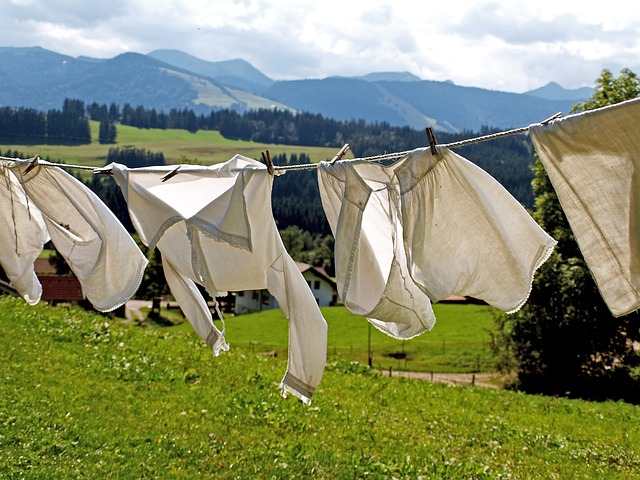
A tumble dryer consumes significant energy, and the heat they generate can also damage your clothes over time. By using a clothesline or drying rack, you could save on your energy bills.
Line-drying your clothes also has other benefits. For example, the sun provides a natural bleaching effect that will keep your clothes looking their best. Plus, line-drying is a great way to get some fresh air and enjoy the outdoors while you do your laundry.
If you don’t have access to an outdoor space for line-drying, you could save energy by using an indoor drying rack. These racks are inexpensive and easy to set up, and they allow you to dry your clothes without any energy consumption.
Conserving energy while using electronics
As technology continues to advance, our reliance on electronics has grown significantly. From smartphones to laptops, we use these devices on a daily basis.
Electronics And Smart Devices
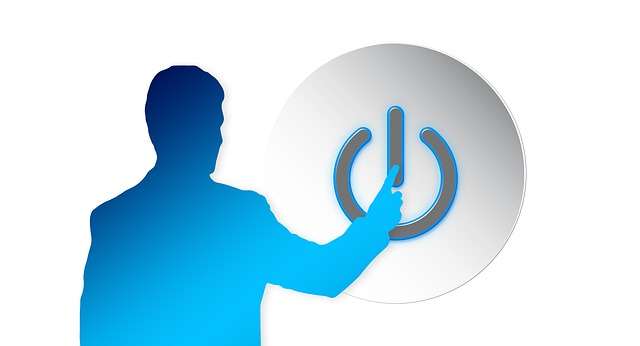
Many electronic devices continue to consume energy even when not in use. To avoid wasting energy, turn off your electronic devices when not in use. This simple habit can save you significant amounts of energy and money in the long run. Also, try to unplug chargers and devices when not in use, as they also consume energy even when not actively charging.
Did you know that leaving your computer on overnight can use up to 40% of its energy for the day? Turning off your gaming console, computer and monitor when not in use and you could save over £100 a year.
Using power strips for easy energy management
By plugging your devices into a power strip, you can easily turn off all of your devices when not in use, ensuring that they don’t consume energy unnecessarily. Additionally, power strips can help protect your electronics from power surges and extend their lifespan.
However, it’s important to note that not all power strips are created equal. Look for power strips that have an automatic shut-off feature, which will turn off your devices when they are not in use.
Additionally, consider investing in a smart power strip, which can be controlled through an app
Upgrading to energy-efficient appliances
Old appliances consume more energy than energy-efficient ones. When purchasing new appliances, look for the energy rating (e.g. Energy Star label) and choose the most efficient options.
Energy-efficient appliances come in a wide range of options, including refrigerators, dishwashers, washing machines, and dryers.
It’s also important to choose appliances that are the right size for your home. Oversized appliances can consume more energy than necessary, while undersized appliances may not be able to handle your household’s needs.
Conserve energy with simple changes that need a little expenditure.
There is no getting away from it some simple changes will cost money. So you have to spend a little upfront so that you could save energy in the future.
Replace lights
Using LED light bulbs instead of traditional incandescent bulbs can save up to 80% of energy and last up to 25 times longer. Perhaps consider changing lightbulbs in the spaces you use most, then change the remaining ones as they break.

Replacing your old, inefficient light bulbs with energy-efficient light bulbs could save energy use. Typically they use up to 80% less energy than traditional incandescent light bulbs and last up to 10 times longer. Investing in new lights will help reduce your energy bills and contribute to environmental conservation.
Draught Proofing
In any type of structure, draught-proofing is one of the most affordable and efficient solutions to conserve energy and money.
By allowing fresh air to enter when it is needed, controlled ventilation helps to lower condensation and dampness. Cold draughts, on the other hand, are out of control; they squander residual heat and allow in too much chilly air.
In order to draught-proof your home, you should seal up any openings that permit warm air to escape and cold air to enter. In addition to keeping your home cosy and warm, conserving warm air means you’ll spend less energy to heat it.
Homes without draughts are pleasant at lower temperatures, so you might be able to lower the thermostat and reduce your energy usage even further.
It’s crucial to keep in mind that every home needs adequate ventilation before you seal off every opening you locate. A home stays fresh and dry and is protected from dampness and condensation thanks to proper ventilation, which allows moisture to be discharged.
For bathrooms and kitchens, ventilation is especially crucial. All spaces with open fireplaces and flues need to be properly ventilated.
Conserve energy with changes that need moderate expenditure.
Invest in energy-efficient electronics and appliances
When purchasing new electronics, it’s important to consider their energy efficiency. Electronics continue to become more energy-efficient, and investing in efficient electronics will save you significant amounts of energy and reduce your energy bills. Look for energy guidance labels, such as ENERGY STAR, when purchasing new electronics and choose the most efficient options.
In addition to energy guidance labels, consider the type of device you are purchasing. For example, laptops are generally more efficient than desktop computers, and LED TVs are more efficient than traditional LCD TVs. By choosing the right type of device you could save energy.
Loft top up insulation
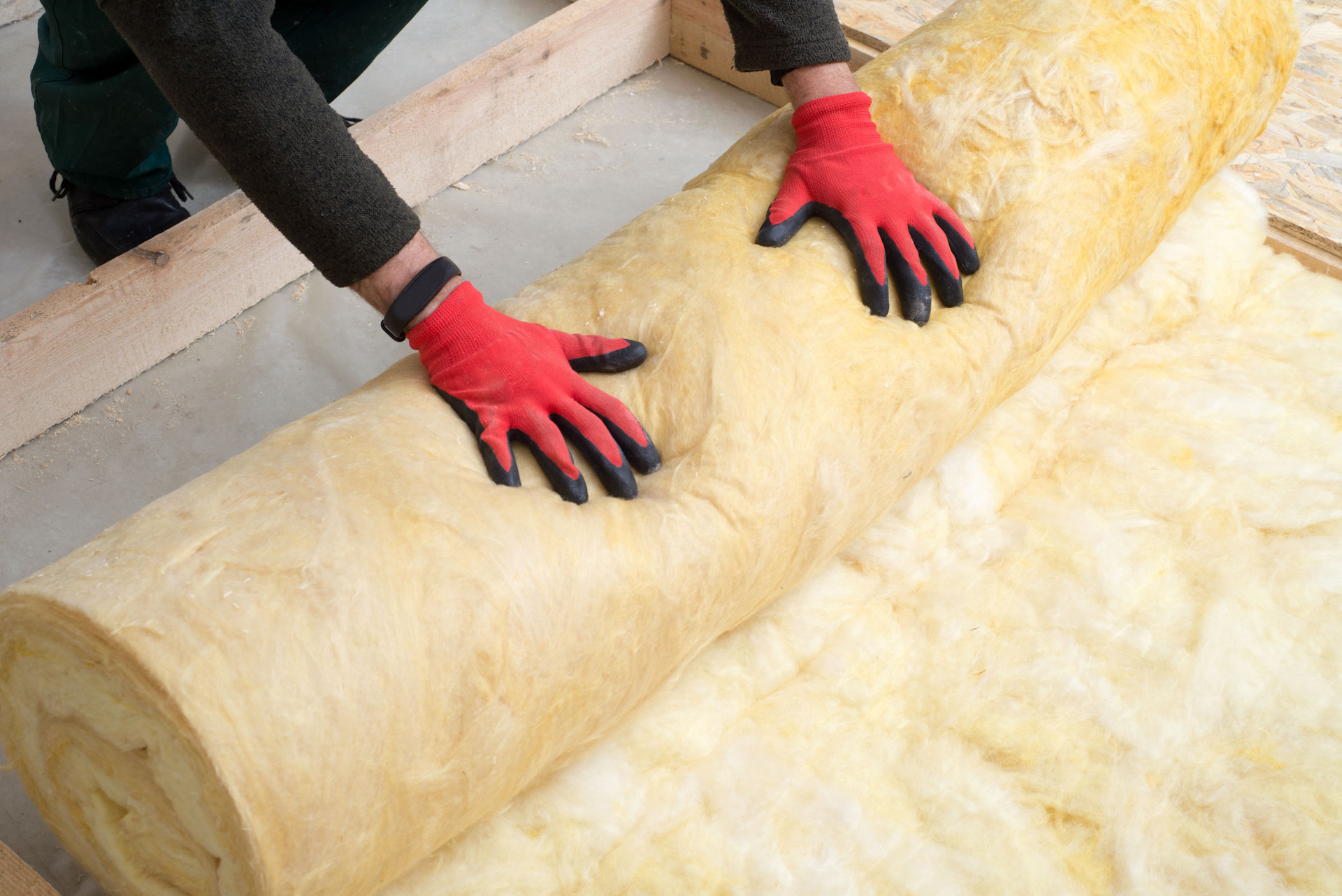
Did you know that the loft accounts for 25% of the heat loss in a house without insulation? Does your property have adequate loft insulation? Loft insulation that was installed in the past may not meet the requirements of current insulation thickness regulations.
Although many UK homes today only have insulation that is 120 millimetres thick, the optimum depth for loft insulation is now 270 millimetres.
Loft top up insulation adds more insulation on top of the loft insulation that already exists in order to provide an additional layer of protection that complies with the current regulations.
Mineral wool, one of the most popular materials, is appropriate for use in the majority of loft areas.
Hot Water Tank
In many homes in the UK, the hot water tanks are not insulated, which allows heat to escape. A hot water cylinder jacket will insulate the tank, and the slower rate of heat loss will make it easier to keep the water at the desired temperature for longer. Over 75% less heat can be lost from the tank.
If your hot water cylinder jacket is less than 75mm thick or doesn’t entirely enclose the tank on all sides, you should still think about replacing it to reduce energy consumption.
Conserve energy with substantial changes that need major expenditure.
We will only briefly touch on these tips because they will be the subject of there own article. However, for now here are a few comments on each topic.
Upgrade to Double Glazing
Single-glazed windows lose heat twice as quickly as double-glazed ones, so heating your home would require approximately 50% more energy.
Although installing double glazed windows can result in energy savings of hundreds of pounds, the upfront expense of buying and installing windows can be a blocker.
Renewable Electricity
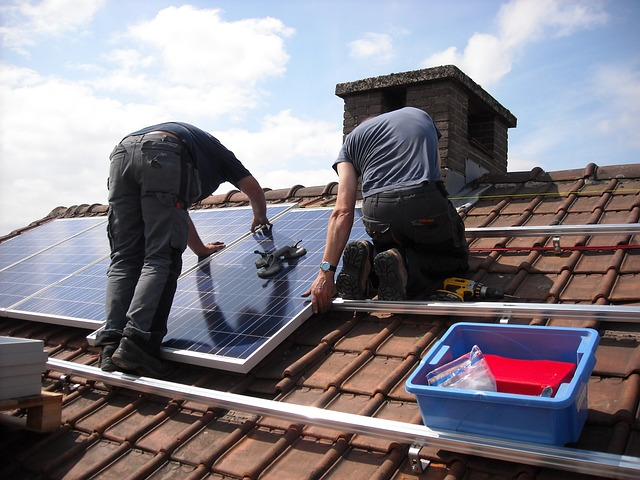
It can take around 10 years to get your investment back on solar panels. The maths work better for those that work from home, as you get most benefit from using the energy yourself.
You might struggle to get your investment back from the proceeds of a house sale, as having solar panels often does not add their full purchase price to the property sale price.
Solar panels generally have a life expectancy greater than 20 years, although the inverters will most likely need replacing every 10 years. So you should factor this into your business case.
Having the solar panels work independently of each other can be a good idea if some of the panels, but not all, are in shade at different times of the day.
You will need to check out local planning rules if your property is a UK listed property or if you are in a conservation area.
Heat Pumps
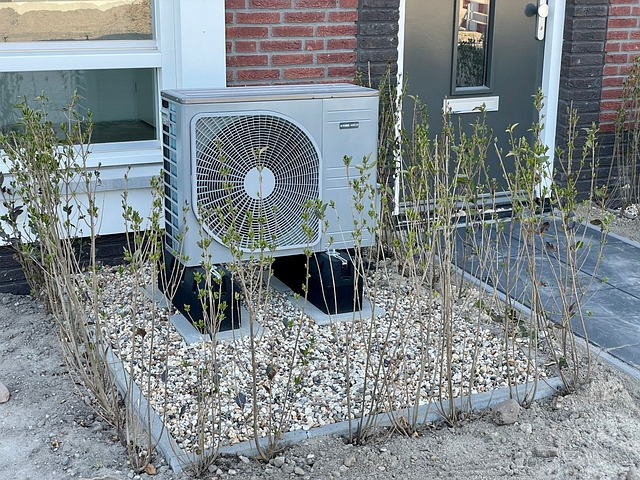
Heat pumps use electricity to move heat from outside of a house to the inside.
They are expensive to buy and install. Choose a reliable installer at all times.
They work best with with well insulated homes.
There will be substantial work involved if this is a retrofit to an older home.
A modern heat pump is very quiet. They make roughly the same noise as a fridge when they are running.
You Could Save With Our Energy Saving Tips!
Energy Saving Tips = Saving Energy = Lower Energy Bills & Reduce Your Carbon Footprint
Make behavioural or physical changes and see the difference in your smart meter.
From simple things like switching off the lights when you leave a room to insulating your home, you could reduce your gas and electricity bills and increase your comfort.
Also Read:
Tips On How To Save Energy In Business!
What Are Scope 1, 2 and 3 Emissions?
See more Helpful Content
Visit our Homepage

